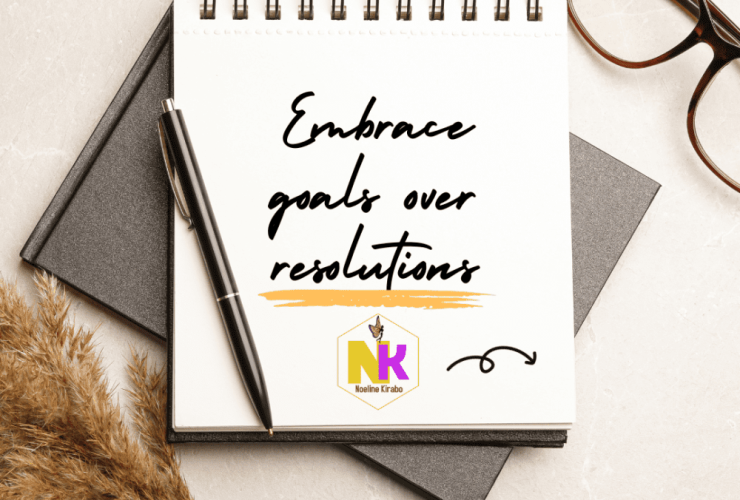“You don’t get a second chance to make a first impression,” says James Uleman, PhD, a psychology professor at New York University and researcher on impression management. In spite of the congeniality of many professional gatherings, judgments are being made and impressions formed all the time.
Substantial research has affirmed the importance of first impressions while exploring a variety of factors that contribute to their formation. For example, a 2009 study in Personality and Social Psychology Bulletin found that factors ranging from clothing style to posture play a role in how impressions are formed. Other studies found that a limp handshake can make you appear overly passive. Having a handle on the kinds of impressions you make can go a long way toward advancing your career or growing your own business.
The impression you create may affect future business opportunities, getting new clients, keeping the clients you already have, collaborations, or other important matters.
How can you strengthen your chances of making a solid impression when it counts? Here are six strategies.
- Know your audience
 When going to a new client interview, a networking meeting, a business talk or maybe searching a new venue for your business, first do your homework and get to know the people you’ll be meeting to identify their business, passions and other interests. You can even use Google as a tool and also get references from other business owners or clients.
When going to a new client interview, a networking meeting, a business talk or maybe searching a new venue for your business, first do your homework and get to know the people you’ll be meeting to identify their business, passions and other interests. You can even use Google as a tool and also get references from other business owners or clients.
Then, based on that, think of a few informed questions to ask them to open a conversation. Make a potential client or have an existing client chart to remind you of the work and characteristics of each person you get to talk to. This may be a bit of work in advance, but it will serve you well in setting the right basis for a great relationship start.
Do not be overly focused on personal matters, but if there are big events that you know have occurred in their live recently, like for example they just got married, had a great breakthrough in their business, or reached a new milestone in their life that was publicly known and shared with you by someone who referred you to them, bring that up and mention the source as well. People feel good when they are recognized and when they see you made an effort to get to know them.
- Exude confidence, but not arrogance
 It’s natural to feel intimidated if you’re talking to a client or a business partner who is highly successful at what they do, but don’t let your anxiety show. Keep in mind that you are the expert at your own business and let your passion and confidence take the lead. One sign of confidence is simply modulating your voice. If you speak slowly and calmly, you will appear more confident than would otherwise. The same goes for making eye contact instead of constantly looking down at notes or looking around avoiding them directly.
It’s natural to feel intimidated if you’re talking to a client or a business partner who is highly successful at what they do, but don’t let your anxiety show. Keep in mind that you are the expert at your own business and let your passion and confidence take the lead. One sign of confidence is simply modulating your voice. If you speak slowly and calmly, you will appear more confident than would otherwise. The same goes for making eye contact instead of constantly looking down at notes or looking around avoiding them directly.
- Answer questions gracefully
 Whether at a new client interview or an informal meeting, you’ll be judged by the way you handle questions, especially the tough ones. Don’t get defensive. Questions are a sign of interest in your business, not an attack on it. As you are your own boss and run your own business you should know your business in and out better than anyone else and you are the best at answering all the potential questions about your strategy and the direction in which you want to go. You should know at any time what you have to offer to any client and partner and how you can bring value to their lives and businesses as well. Also, always be truthful but in the same time be creative. It is amazing how much you can learn about yourself and your business when you are asked questions about that.
Whether at a new client interview or an informal meeting, you’ll be judged by the way you handle questions, especially the tough ones. Don’t get defensive. Questions are a sign of interest in your business, not an attack on it. As you are your own boss and run your own business you should know your business in and out better than anyone else and you are the best at answering all the potential questions about your strategy and the direction in which you want to go. You should know at any time what you have to offer to any client and partner and how you can bring value to their lives and businesses as well. Also, always be truthful but in the same time be creative. It is amazing how much you can learn about yourself and your business when you are asked questions about that.
- Prepare and practice
Being unprepared is a serious shortfall. Practicing your delivery is always a smart move for presentations at conferences or other talks in front of a group. You should practice in front of others. Going through several rounds of edits and practicing the talk so it is polished is a must.
For one-on-one meetings and client interviews, is best to be prepared by knowing your SWOT, Strengths, Weaknesses, Opportunities and Threats and putting the accent on the positive aspect of your business and how you can work best with others to make all your goals and their goals a reality. Always focus on them. Make sure that you express yourself clearly and in a non-condescending manner.
- Be a good listener
 People love to talk about themselves, so you may find that you can sail through an interview or a meeting by simply asking insightful questions about others.
People love to talk about themselves, so you may find that you can sail through an interview or a meeting by simply asking insightful questions about others.
“The key to a great meeting — and to getting people to like you in general — is to show that you think they are important,” says Christine Whelan, PhD, a sociology professor at the University of Pittsburgh, who studies impression management. Show new partners or client’s interest in them and in their company as well as what you can do for them, and you’ll go a long way toward making yourself their top choice.
To do that, pay attention when others speak. Make eye contact, nod and don’t interrupt or finish others’ sentences. “Changing the topic constantly or seeming uninterested in what they share can be very annoying. And keep in mind that conversation is a two-way street, in any discussion, be sure to give the other person plenty of opportunities to respond.
- Dress for the occasion
 In most professional meetings and interviews, aim for conservative, understated clothes, but still keep your level of originality as applied to your business. When in doubt, keep in mind that a neat, professional attire will always win out. Always dress as you are prepared to meet a new client or a new business partner at any corner.
In most professional meetings and interviews, aim for conservative, understated clothes, but still keep your level of originality as applied to your business. When in doubt, keep in mind that a neat, professional attire will always win out. Always dress as you are prepared to meet a new client or a new business partner at any corner.
All meetings with a client or partner should be memorable and noteworthy. A client will not forget it and it will form lasting Impressions of you in the initial moments of the first meeting whether by phone, by email, or in person, but definitely, every meeting you have with them has to be significant and bring value to both of you. Therefore, the Integrity factor of you, as the entrepreneur it’s foundational.
The clients will get to see how you make commitments and how you keep those commitments, what you stand for, and how open and how transparent you are. If you have a hidden agenda, is it very possible that your intent will come to the surface eventually, or will it give your dialogue partners subconscious reasons to pull back and not fully be open and trusting?
My advice is to be honest, be open, always have good intentions and go to any meeting or start any phone call conversation with the genuine desire to help the person you are communicating with and find win-win solutions for everybody involved because, the talents, the services, the skills, the knowledge, the products you have to offer become important only if your client knows and feels that you care.
Specifically, in the first meeting, it is very important to communicate that you care by simply being on time and presenting yourself in professional attire, a well-groomed manner. Keep in mind that during every meeting but especially the first meeting with a new person, they will consider your facial expressions, body language, small talk, attentiveness how and you carry yourself. Introducing yourself with a firm handshake for example can convey confidence and professionalism.



